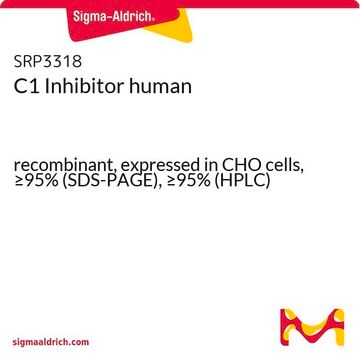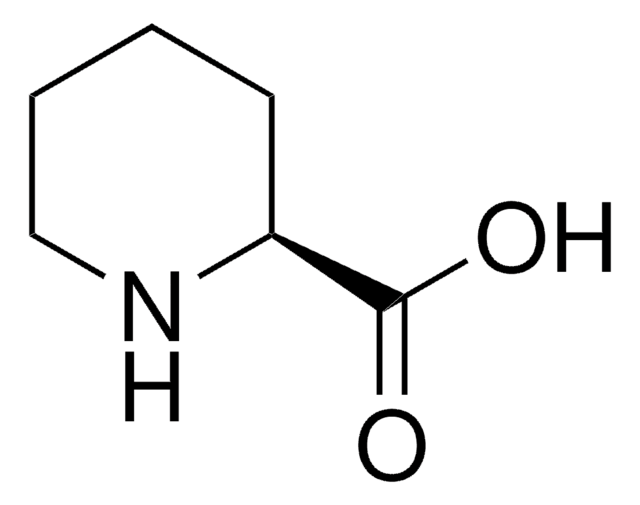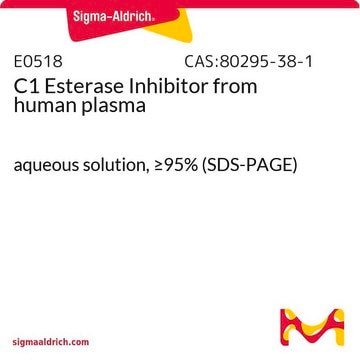AB5674P
Anti-Acid Sensitive Ion Channel 1 Antibody
Chemicon®, from rabbit
Synonym(s):
ASIC1, BNC1, MDEG, BNaC1a, Amiloride-sensitive Cation Channel 2
About This Item
Recommended Products
biological source
rabbit
Quality Level
antibody form
affinity purified immunoglobulin
antibody product type
primary antibodies
clone
polyclonal
purified by
affinity chromatography
species reactivity
rat, human
manufacturer/tradename
Chemicon®
technique(s)
ELISA: suitable
western blot: suitable
NCBI accession no.
UniProt accession no.
shipped in
dry ice
target post-translational modification
unmodified
Specificity
Immunogen
The immunogen sequence has 100% homology with human sodium channel 2 or BNaC2.
Application
Neuroscience
Ion Channels & Transporters
Immunohistochemistry: not tested. It is recommended that the antibody be tried at 1-20 μg/mL on paraformaldehyde fixed tissue.
ELISA: 0.5-1 μg/mL using 1 μg/mL control peptide (Catalog number AG394) per well.
Optimal working dilutions must be determined by the end user.
Physical form
Storage and Stability
Other Notes
Legal Information
Disclaimer
Not finding the right product?
Try our Product Selector Tool.
Storage Class Code
12 - Non Combustible Liquids
WGK
WGK 2
Flash Point(F)
Not applicable
Flash Point(C)
Not applicable
Certificates of Analysis (COA)
Search for Certificates of Analysis (COA) by entering the products Lot/Batch Number. Lot and Batch Numbers can be found on a product’s label following the words ‘Lot’ or ‘Batch’.
Already Own This Product?
Find documentation for the products that you have recently purchased in the Document Library.
Our team of scientists has experience in all areas of research including Life Science, Material Science, Chemical Synthesis, Chromatography, Analytical and many others.
Contact Technical Service








